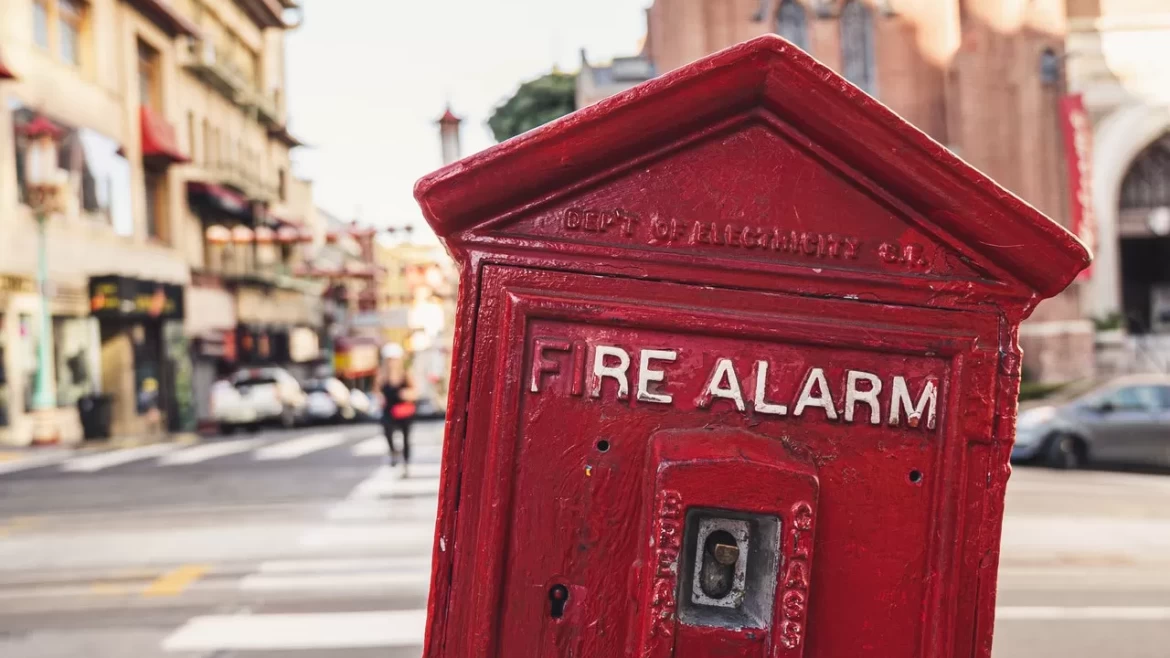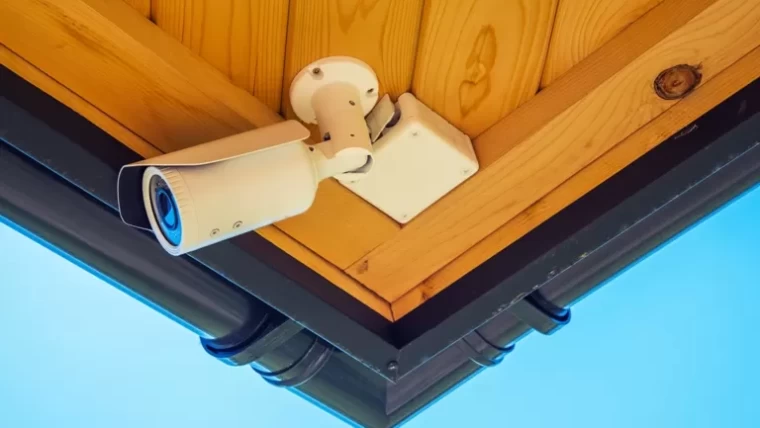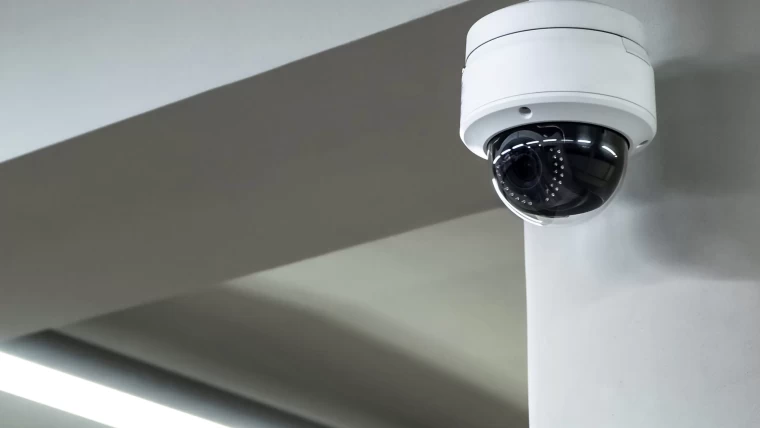Having a functioning fire alarm system in Broward is not only mandatory but incredibly important for businesses and residential properties. Understanding what it is is a given for most but getting into the components of a fire alarm system is important info that not many know about.
Here we can talk about those components but more important the certifications that are required to have them installed properly. And what that installation process looks like so if you do hire someone, you have an idea of what to expect and look out for.
Let’s get into what a fire alarm system actually is for starters.
What is a fire alarm system?
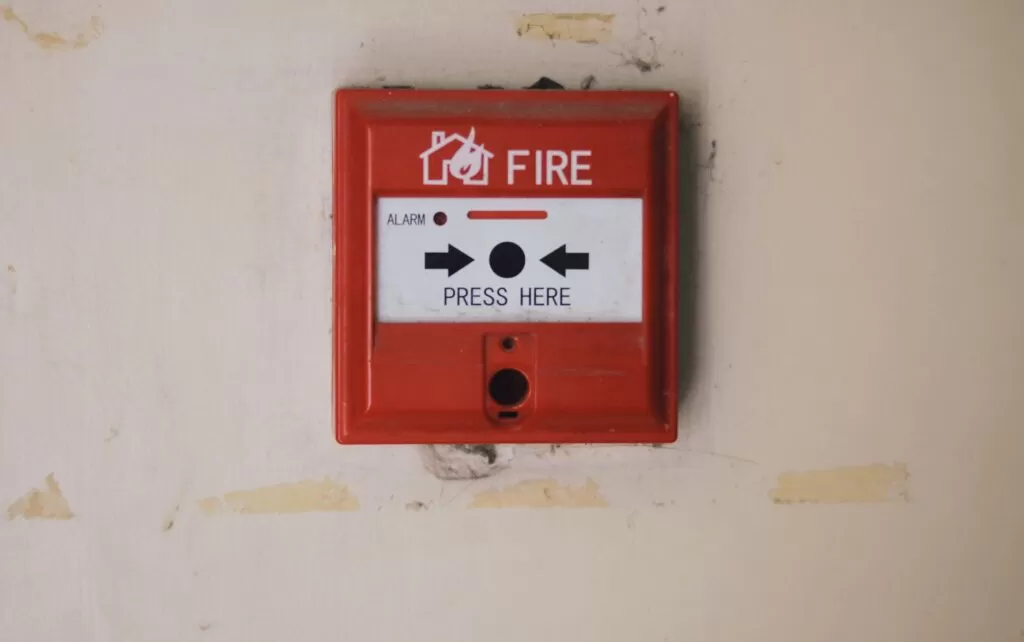
Understandably a fire alarm system is meant to send out warnings for anyone that is inside or even around a property if there is smoke, fire, and even carbon monoxide. This can happen in a variety of ways which is why it’s important to understand the different fire alarm systems.
There are two types of systems we will get into. This is the Ionization system or the photoelectric fire alarm system. More common these days is using some sort of combination of the two.
Whether you have them wired or set up from the battery, it’s always recommended to run a combination of the two so you lower the risk of it not working. If the power goes out then wired doesn’t work as well but also while the power is on is the most reliable connection.
Importance of a fire alarm system in Broward
The first thing that matters with having fire alarms is safety. By law residents and businesses have to stay up to fire code not only to protect their house and building but also to protect those around them. A good fire alarm system will be able to do the following.
A fire alarm system has three main important factors that all revolve around safety. Because the law does require residents and businesses to stay up to fire code it helps guarantee that not only the homes are protected but also the people. Your fire alarm system should provide three things.
- Detect Early
- Quick Response
- Injury/Illness Prevention
Detection
The first part of any safety element with a fire alarm system is having one that detects smoke early. With this, it can make a massive difference in how quickly the fire spreads and how much damage is done both to property and the safety of people.
Detection is slightly different from ionization to photoelectric. Ionization tends to respond 30-60 seconds faster than photoelectric fire alarms when the fire is considered to be at the flaming stage. On the opposite photoelectric responds better to smoldering because the smoke blocks the late.
Quick Response
When this detection system works quickly then the fire alarm can illicit a quick response through some sort of alarm. This is likely going to be a loud sound and blinking light for those who are visually impaired. This also alerts the response team such as the fire department.
Injury or Illness Prevention
A quick response from the fire department helps prevent injury and illness prevention. When people inhale smoke it can cause serious damage to their health which is why the first two are imperative. This is also why it’s not limited to just smoke but also carbon monoxide
Components of fire alarm system
Let’s take a look at the five main components that a fire alarm system has in order to function properly. The better we understand this, the easier it is to maintain.
- Fire Alarm Initiating Device – This is your detection system that activates the alarm part of the fire alarm to trigger the rest of the system. It can be done automatically but also manually if someone were to pull the alarm.
- Fire Notification Devices – Once the activation has started then the notification system kicks in. This is how you alert people that there is a danger of a fire present.
- Fire Alarm Control Panel – This is the main part of the system and works like the brain. It ensures that everything is working correctly by sending signals throughout the system.
- Primary Power Supply – In order for the fire alarm system to function you need a power source whether it be battery or wired in.
- Backup Power Supply – This is your battery so that if the power goes out then you have a backup plan so that it works in all scenarios.
Certifications required for fire alarm systems in Broward
It’s important to know that each state is going to have its own rules and regulations when it comes to fire alarm system certifications for being installed. Let’s go over the different certifications you need to be able to install one in Broward.
These are the main certifications to look for or ask about.
- Certified Fire Alarm Technician Levels I-V by the Electronic Security Association.
- Certified Systems Integrator by the Electronic Security Association.
- Certification in Fire Alarm Systems by National Institute for Certification in Engineering Technologies.
According to the National Fire Protection Association, these are the people who can install a fire alarm system on your property.
Specific Brand Trained Employee
There are several brands out there that make fire alarm systems. If you choose something like Honeywell, then a Honeywell employee is able to install those products in your home. This is what a specific brand-trained employee is.
Nationally Certified
Nationally certified are the certifications we mentioned above at the beginning of this section. These individuals are trained to install a variety of fire alarms and they have gone through some specific training to do it correctly.
Not all certifications are created equal. Some are more advanced than others so more advanced projects will require higher certifications. This can be discussed during the planning stage.
Local or State Authority
Your police and fire departments should be more than qualified to help you install your fire alarm. This is especially true for firefighters. This is handy if you already have a fire alarm system but are experiencing technical difficulties.
Nationally Recognized Testing Company
Any employee and brand that issues and installs fire alarms systems are likely to be qualified to put those exact products in your home. This is why a company like Circle Security Solutions is a great example.
Fire alarm system installation process
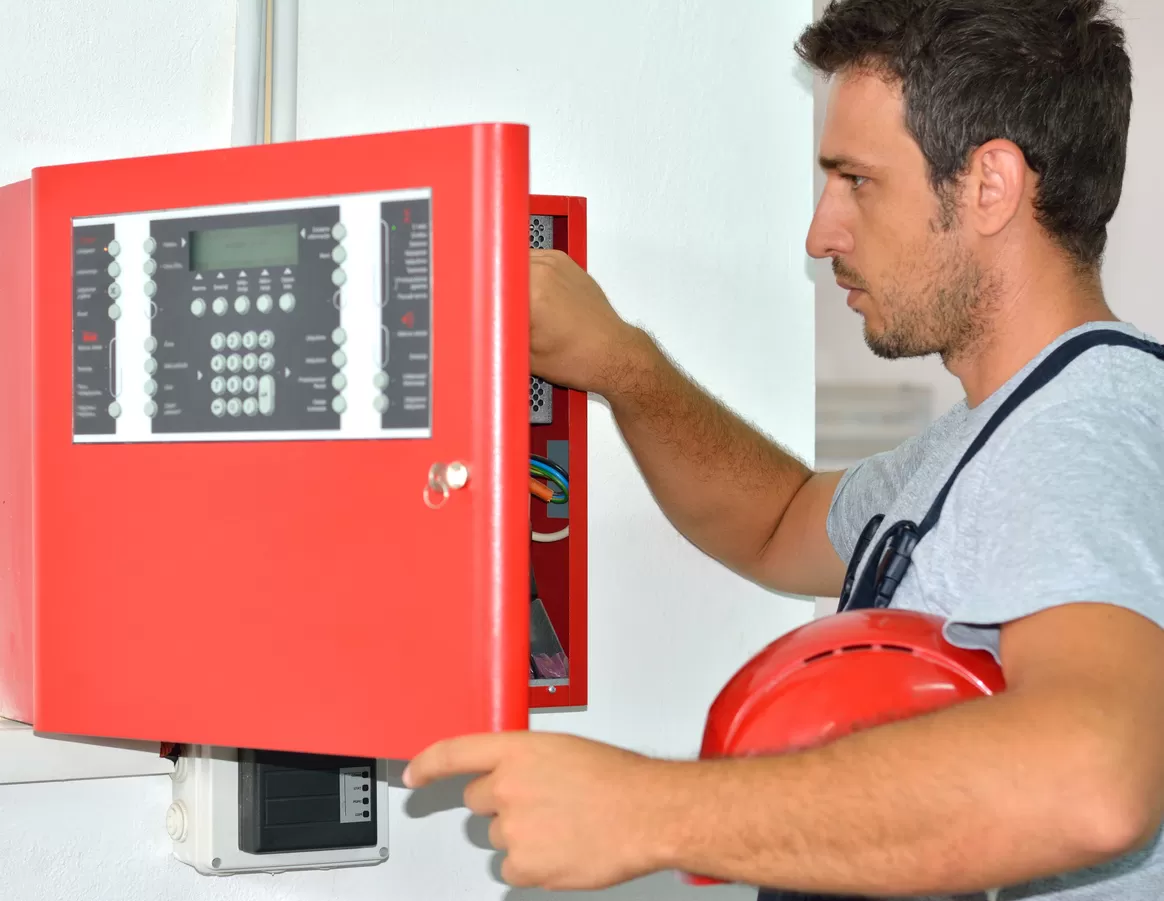 The fire alarm installation process can be different property to property but the general rule of thumb is that the process remains the same. This requires several steps that you can see below.
The fire alarm installation process can be different property to property but the general rule of thumb is that the process remains the same. This requires several steps that you can see below.
Understand where they go
Your installation crew should have a very good idea of what the layout is and where to place the fire alarms. There are a lot of recommended areas for both residential and commercial property. They are the following:
- Each Bedroom
- Hallways/Entryways/ Common Areas
- Kitchen but 20 feet away from the cooking appliances.
- Attics
- Basements
- Garage
Power off (Hard-Wired)
If you are working with a hard-wired system the power absolutely needs to be off. If you try to do this while electricity is running you run the risk of being electrocuted. Use a pen tester to ensure that no electricity is running. If all is good then you can proceed to work on this.
Mount the Bracket
You need a mounting bracket to hold the fire alarm in place. When locations are chosen you can securely screw in these brackets into the ceilings and walls. This will provide a stable base for the fire alarm.
Test the Power
Regardless of whether you are working with a battery-operated or a wired system you want to test the power to ensure that things are working properly. Always be sure to check the batteries are incorrect because that is a common culprit of not power.
Attach to Base
Now that everything appears to be working you can attach the base into the mounting bracket and let the fire alarm do its job. If you hear a beeping sound it is possible that it is not attached to the base correctly and will need to hear a click to ensure it is in. This is essentially the last step in the installation process.
Which type of fire alarm system to choose?
We mentioned that there are both photoelectric and ionization fire alarm systems. Each has its benefits and there is no real way to predict what kind of fire you will be dealing with. That’s why the best solution is to use a combination of the two throughout the property to lower your chances of one not responding quickly to the other.
Where it concerns getting a hard-wired or battery-operated system it is also best to work inc combination. This eliminates any potential problems with power outages or batteries dying out.
From being nationally certified to helping with the installation process, Circle Security Solutions is here for you every step of the way. With our product showcase, you can work with nationally recognized quality fire alarm systems that we can install for your property regardless of commercial or residential. Taking it a step further we can also be your 3rd-party monitor to ensure quick detection is at its finest!
Feeling the Heat
We certainly don’t want you to feel the heat but remember that there is no time to waste when it concerns having a fire alarm system that is quality and accurate. Whether you choose to worth with ionization or a photoelectric you up to your safety by a lot. More importantly through quick detection, early response, and other benefits, you can protect the people around you.
A fire alarm system however shouldn’t be installed by just anyone You need to make sure they have some degree of certification listed above. You can always call the certification to ensure that your employee or worker has the certification mentioned.
Along with having a quality installation from someone who is qualified, make sure that the products you are putting in there are also good. That’s why you should take a look at the Circle Security Solutions Product showcase to find the best and most affordable fire alarm systems for your property.

